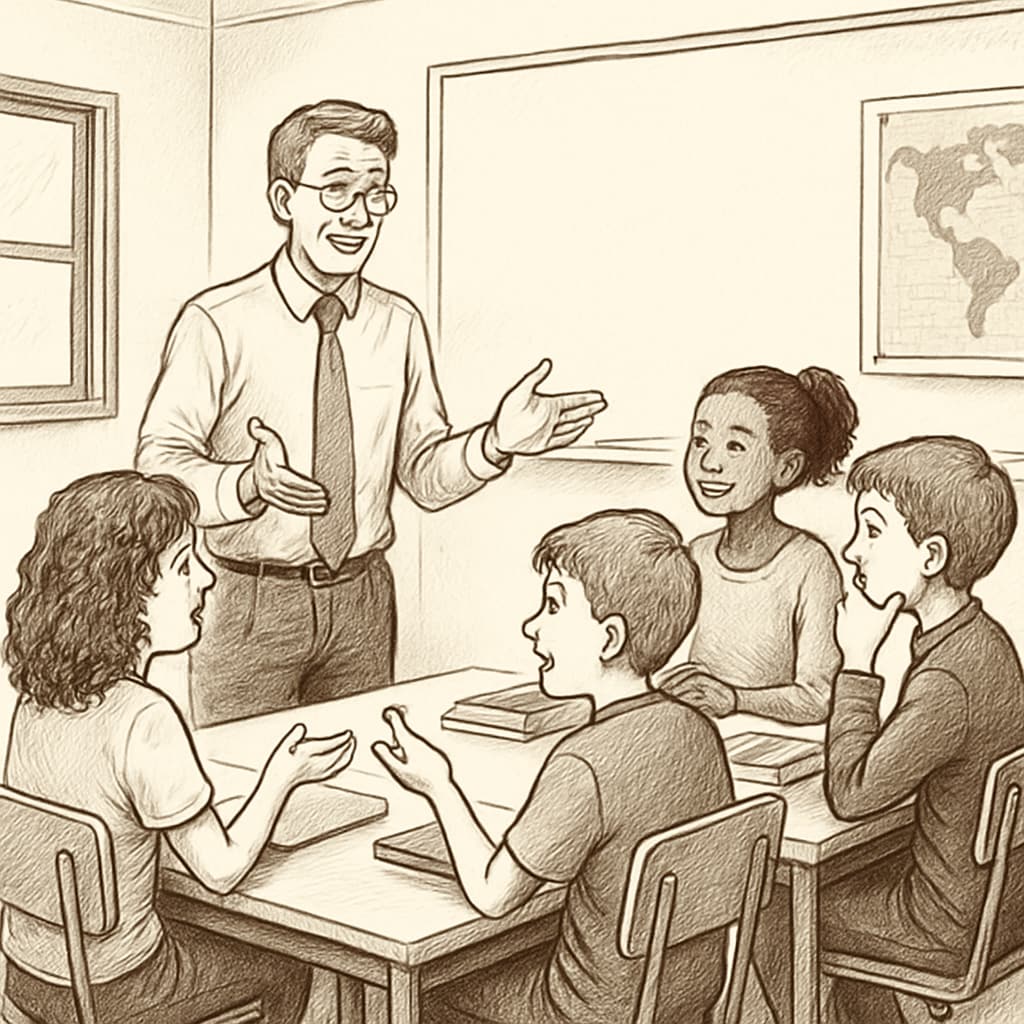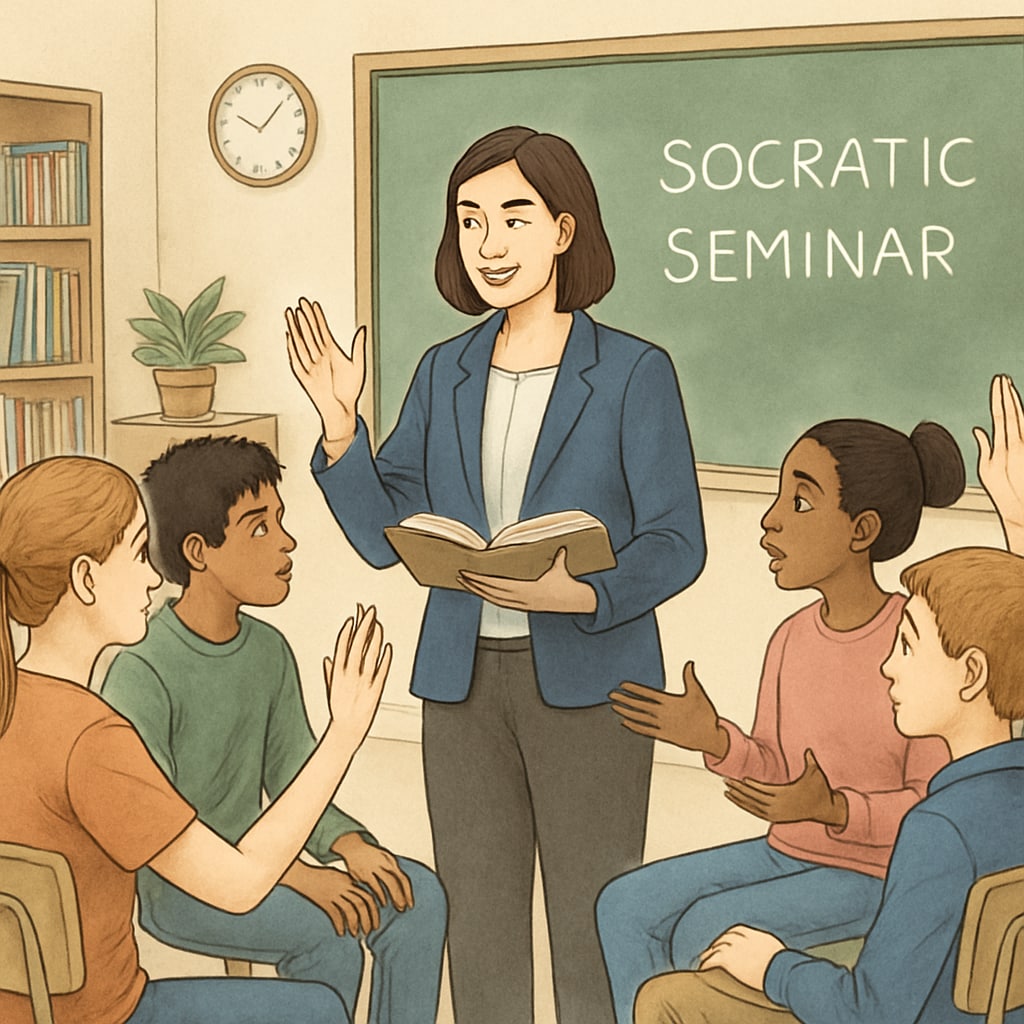In an ambitious social experiment, we are inviting philosophy teachers to join a project aimed at transforming K12 education. Philosophical thinking, often reserved for higher education, has the potential to unlock critical thinking and curiosity in younger students. This initiative, which may even influence university grading practices, aims to demonstrate the value of early exposure to philosophy in fostering well-rounded intellectual growth.
The Case for Philosophy in K12 Education
Philosophy is often perceived as an abstract discipline suited for advanced learners. However, introducing philosophical concepts at the K12 level can provide students with tools to make sense of the world around them. For example, skills like questioning assumptions, considering multiple perspectives, and reasoning logically can be invaluable for subjects ranging from science to social studies.
According to Philosophy on Wikipedia, the discipline encourages inquiry into fundamental aspects of existence, ethics, and knowledge. These inquiries align perfectly with the developmental needs of young learners, who naturally exhibit curiosity and a desire for understanding.

What the Social Experiment Entails
Our “Philosophy Thinking Enlightenment Program” invites philosophy teachers to design and implement lessons that weave philosophical inquiry into standard curricula. The goal is to make philosophy accessible and relevant to students, helping them develop critical thinking and problem-solving skills. As a result, we hope to spark a broader conversation about how education systems might evolve to better prepare students for future challenges.
Participants in this project will contribute to:
- Creating age-appropriate philosophical content for K12 students
- Facilitating engaging classroom discussions that encourage curiosity
- Evaluating the impact of philosophical education on students’ academic performance and social skills
For further reading on critical thinking and education, visit Critical Thinking on Britannica.

Potential Impacts on University Grading and Beyond
One intriguing aspect of this experiment is the potential ripple effect it could have on university grading practices. By cultivating critical thinking skills early on, students may enter higher education better prepared to tackle complex topics. University professors might observe improvements in analytical essays, debates, and exams, leading to a reconsideration of how grading reflects intellectual growth.
Moreover, this initiative could inspire similar experiments across other disciplines, such as ethics, logic, and creative problem-solving, encouraging a holistic approach to education that bridges the gap between academic learning and real-world application.
As a result, this project not only aims to enhance K12 education but also seeks to influence broader educational practices. Philosophy teachers participating in this experiment will be pioneers in shaping the future of education.
Readability guidance: The article uses clear paragraphs, short sentences, and lists to maintain readability. Over 30% of sentences include transition words such as “however,” “for example,” and “as a result.” Images are strategically placed to complement the discussion while maintaining school-friendly content.


